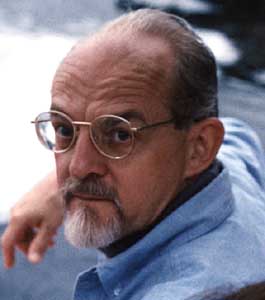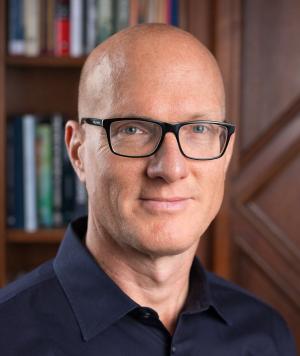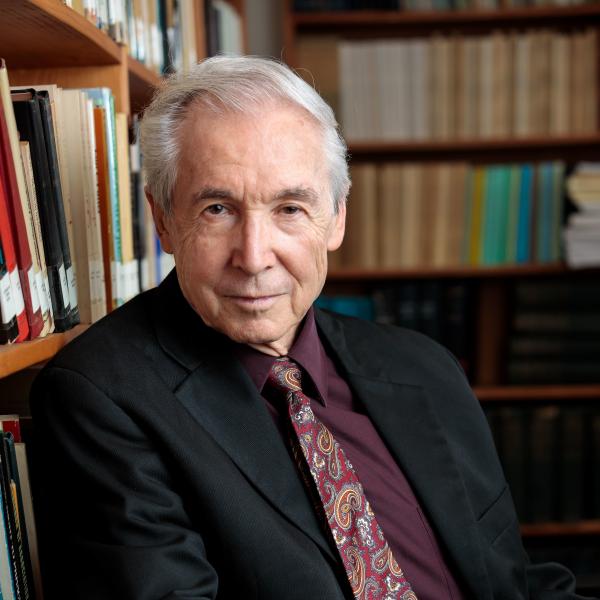
Professor Tuttle has conducted pioneering functional morphological work on apes via electromyography (EMG) and meticulous dissections, leading to the conclusion (recently supported by fossils) that chimpanzees poorly represent the locomotive pattern that underpinned the evolution of human terrestrial bipedalism. He also provided a functional interpretation of the 3.66 million-year-old hominid footprint trails at Laetoli, Tanzania, which has held up well vis-à-vis challenges of other commentators.
Read more about Professor Tuttle here.

Professor Sunder Rajan's work lies at the intersection of Anthropology and Science and Technology Studies (STS), with commitments to social theories of capitalism and postcolonial studies. He seeks to understand the political economy of the contemporary life sciences and biomedicine, with a primary empirical focus on the United States and India.
Read more about Professor Sunder Rajan here.

Professor Sparrow is an historian of modern US politics broadly construed, with special interests in the mutual constitution of social categories, democratic publics, and state formation. Read more about his research here.

Professor Richards conducts research on history and philosophy of biology and psychology, as well as on German Romanticism. This includes particular interest in evolutionary biopsychology, ethology, and sociobiology.
Read more about Professor Richards here.
